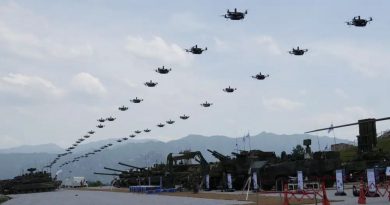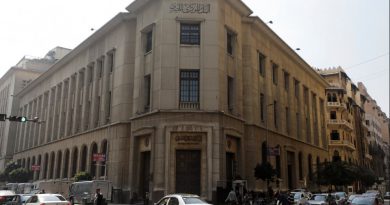US renews waiver letting Iraq pay Iran for electricity
Washington (Reuters) – The United States has issued a new 120-day waiver allowing Iraq to pay Iran for electricity, U.S. officials said on Tuesday, stressing Tehran could only use the funds for humanitarian trade and seeking to blunt criticism of giving Iran the money.
U.S. officials said the waiver was identical to one in July that for the first time allowed Iraq not only to make payments into restricted Iranian accounts in Iraq but also for the funds to be sent to similarly restricted accounts in third countries.
Speaking to reporters on condition of anonymity, officials stressed the moneys could only be used for “non-sanctionable transactions” such as buying humanitarian goods like food and agricultural products.
They also sought to parry criticism, notably from Republicans in Congress, that giving Iran greater access to such funds – an estimated $10 billion in such payments have built up in Iraq – frees up money that Tehran can spend on militias that attack U.S. forces, or on its nuclear program.
The U.S. has imposed a range of sanctions on Tehran over its nuclear program and support for militant organizations, effectively banning countries that do business with Iran from doing business with the U.S.
U.S. officials said their main aim was to decrease Iran’s leverage over Iraq. Tehran has in the past pushed Baghdad to secure U.S. permission to release such funds by cutting Iranian natural gas exports to Iraq, limiting Iraq’s ability to generate power and forcing deeply unpopular electricity cuts in Iraq.
The move may also be controversial because Washington has asked Baghdad to curtail attacks on U.S. forces in Iraq by Iranian-allied militias, with mixed results. One U.S. official described the U.S. requests to Iraq as “a work in progress.”
Since Hamas’ Oct. 7 rampage into southern Israel, prompting a fierce Israeli military campaign against the militant group in the Gaza Strip, there has been a rise in attacks on U.S. forces in the region that the Pentagon blames on Iran-backed militias.
U.S. and coalition troops have been attacked at least 55 times in Iraq and Syria since Oct. 17, injuring 59 personnel, though all have returned to duty.
“In the wake of Oct. 7 and non-stop attacks on U.S. forces, it should be American policy to deny Tehran access to any and all cash wherever it’s held,” said Richard Goldberg, a national security council official during the Trump administration who is now at the Foundation for Defense of Democracies think tank.


